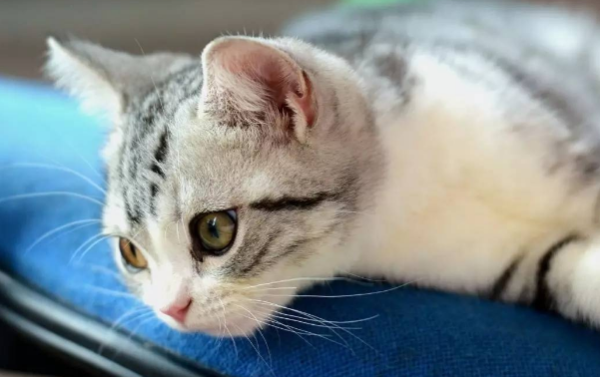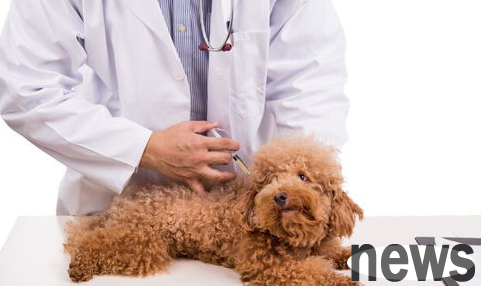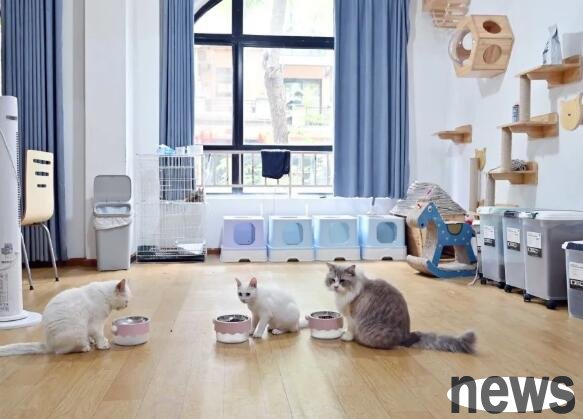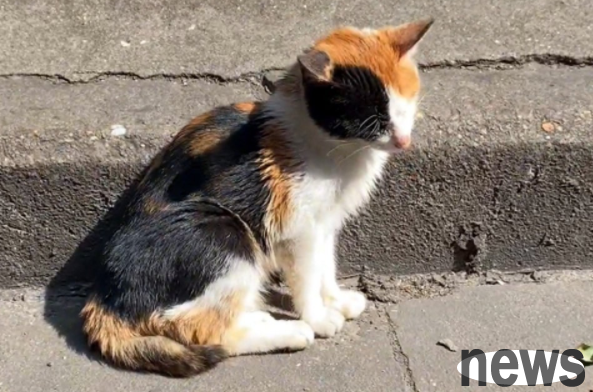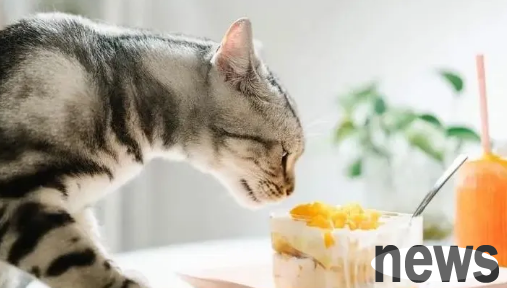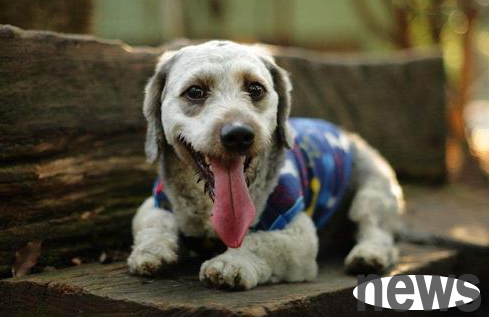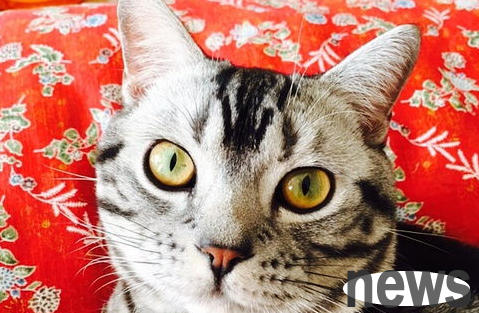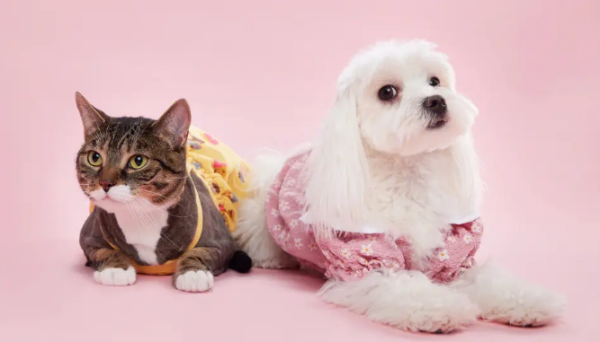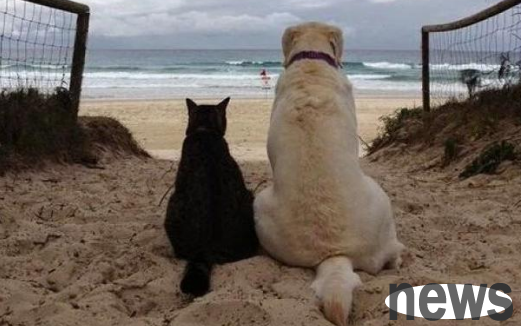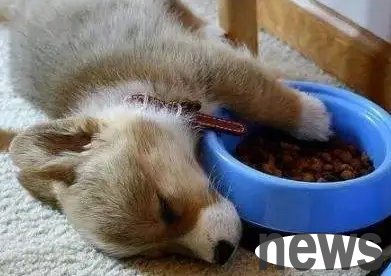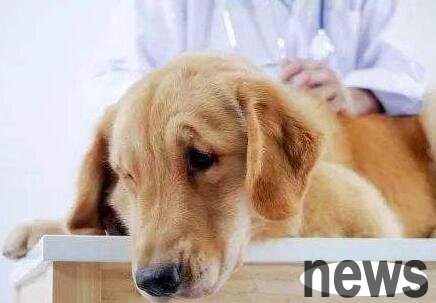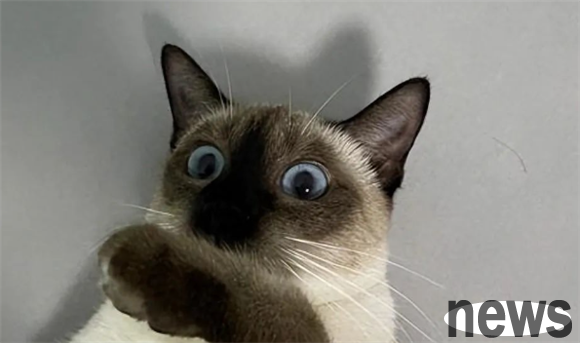8 Signs of Cats Starting to "Secretly" Aging
Because cats' life roulette turns much faster than humans... Most cats are relatively "slow" in their awareness of "cats are no longer young", and they start to effectively carry out health management and health care plans too late...
Therefore, the actual number of "healthy old cats can die of sleep" is not as much as we expected.
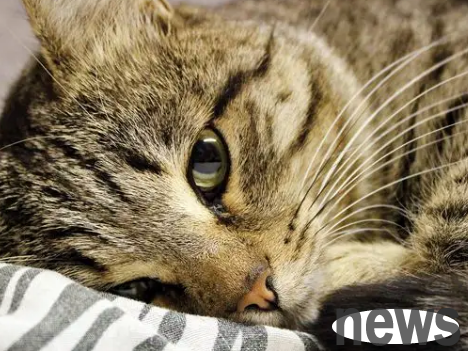
originally refers to a series of natural and gradual normal life changes starting from conception, through development, adulthood, and until old age and death. Although it is often misunderstood as a pathological process... how do you judge whether a cat has entered old age physiologically? How to distinguish between normal aging and abnormal disease?
As you get older, your cat's skin will gradually loosen and wrinkles may appear. This is due to the decrease in collagen in the skin, resulting in a decrease in elasticity. You may notice wrinkles on cat's skin in certain parts of the body.
If a cat maintains a healthy body shape when he is young, then the muscle content and fat content ratio will not change too much after he is old. The obesity and muscle level of your cat can be evaluated through naked eyes and through touch. The calorie and protein intake ratio can be adjusted according to the evaluation results.
And as cats age, they may experience muscle atrophy and a decrease in strength. However, if a cat can move freely, still have the ability to play and jump (the height and frequency may be reduced), and there is no pain, it can basically be determined that it belongs to a healthy cat.
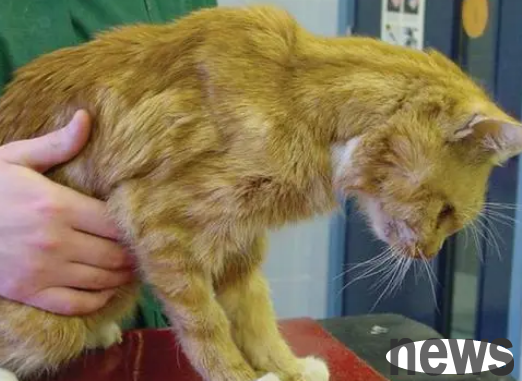
Healthy elderly cats may experience a certain degree of visual degeneration, such as collisions while walking, and their interest in capturing dynamic toys such as teasing sticks will decrease; a certain degree of hearing loss will occur, such as some cats' meows become louder (because they cannot hear their own screams); a certain degree of olfactory deterioration may occur, such as the lack of smell of food, resulting in a decrease in appetite.
In addition, elderly cats often experience dental and oral problems, such as tartar, tartar and gum disease. They may experience symptoms such as bad breath, loss of appetite and difficulty chewing. Regular oral hygiene checks and foods suitable for older cats can help prevent these problems.
In short, as you get older, your cat's immunity will decrease and your metabolic ability will decrease. For example, wound healing becomes slower, becoming more likely to be constipated, and hair is more likely to be dry and frizzy. Finally, I hope all kittens can grow up healthily and spend their old age in peace~


